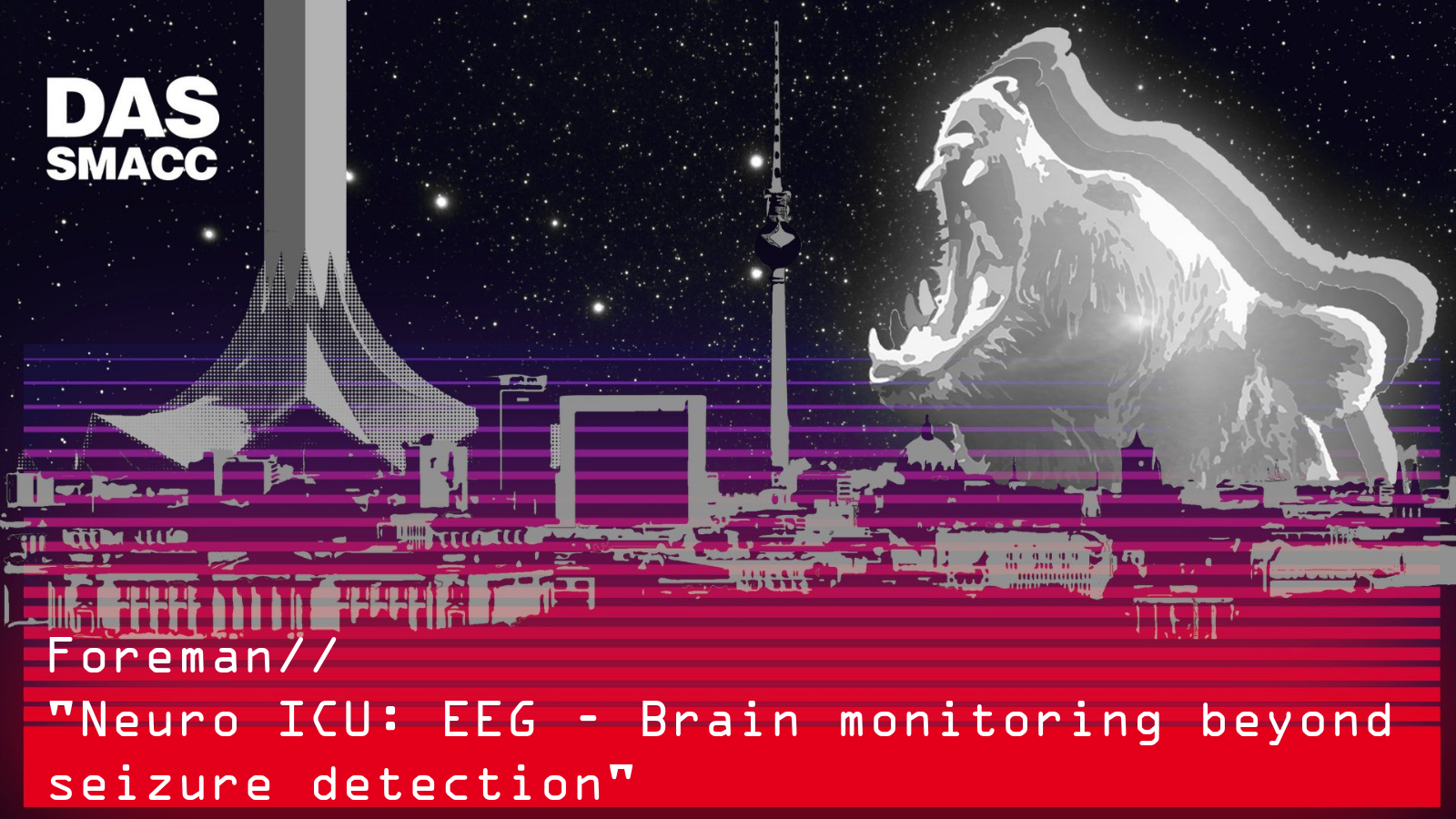Intracranial Haemorrhage and Anticoagulants in Critical Care by Jordan Bonomo
Jordan Bonomo delivers the run down on intracranial haemorrhage and anticoagulants in critical care.
Jordan freely admits – this is not a simple topic. For the simple reason that intracranial haemorrhage (ICH) sucks – and that’s a problem.
There are no treatments for it. Nothing seems to work. Add an anticoagulant and it is even worse.
The mortality for an ICH is around 30-50%. With an anticoagulant onboard it goes up to 40-65%.
How do you manage an ICH in an anti-coagulated patient? Well, the critical care starts in the Emergency Department. Roughly speaking 30% of intracerebral haemorrhages will increase in size by 30% in 3 hours. Time matters.
In the Emergency Department there are three immediate actions that need to take place.
1) Control the blood pressure
2) Get the specific history and,
3) deliberately ascertain what medications the patient is taking.
What to do about the anticoagulation? Jordan addresses three areas with his take on the best practice. The PATCH Trial compared standard care to transfusion of platelets. It showed that the platelet transfusion group had worse outcomes using a modified Rankin scale.
Although this trial bothered Jordan, he was concerned about all the patients he HAD transfused with platelets in the past. This is because it changed his practice. His hospital no longer transfuses platelets in ICH patients. With patients that are on a NOAC/DOAC there are 50% fewer ICHs.
Compounding this, there seems to be less expansion of ICH in patients on a DOAC compared to on a Vitamin K antagonist (ie Warfarin). You bleed less and are less likely to expand on a DOAC. However, it is far more practical to test for VKA and possibly easier to reverse them. Jordan takes you through your options.
Finally, Jordan addresses tPA. He will discuss the rationale for use tranexamic acid to reverse tPA and why he uses it in practice. Ultimately, Jordan makes the complicated a little less complicated when discussing intracranial haemorrhage and anticoagulants in critical care.
For more like this, head to our podcast page. #CodaPodcast





